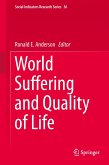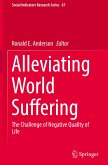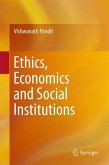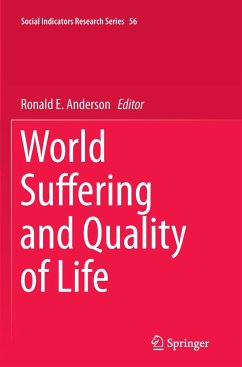Managing a successful transition of the current energy supply system to less carbon emitting options, ensuring a safe and secure supply during the whole process and in the long term, is one of the largest challenges of our time. Various approaches and first implementations show that it is not only technological issue, but also a matter of societal acceptance and acceptability, considering basic ethic values of the society.
The main foci of the book are, thus, to develop an understanding about the specific challenges of the scientific policy advice in the area, to explore typical current approaches for the analysis of future energy systems and to develop criteria for the quality assessment and guidelines for the improvement of such studies.
The book provides assistance to the interpretation of existing studies and guidelines for setting up and carrying out new analyses as well as for communicating and applying the results. Thereby, it aims to support the involved actors such as the respective scientific experts and researchers as well as decision makers, energy suppliers, stakeholders and the interested public in designing procedures for a successful transition process. The study elaborates consistent interdisciplinary advice as contribution for realising a continuously safe and secure, long-term viable energy supply in spite of diverse interests, multi-level responsibilities, multi-dimensional processes, large uncertainties and lack of knowledge about future developments.
The main foci of the book are, thus, to develop an understanding about the specific challenges of the scientific policy advice in the area, to explore typical current approaches for the analysis of future energy systems and to develop criteria for the quality assessment and guidelines for the improvement of such studies.
The book provides assistance to the interpretation of existing studies and guidelines for setting up and carrying out new analyses as well as for communicating and applying the results. Thereby, it aims to support the involved actors such as the respective scientific experts and researchers as well as decision makers, energy suppliers, stakeholders and the interested public in designing procedures for a successful transition process. The study elaborates consistent interdisciplinary advice as contribution for realising a continuously safe and secure, long-term viable energy supply in spite of diverse interests, multi-level responsibilities, multi-dimensional processes, large uncertainties and lack of knowledge about future developments.








